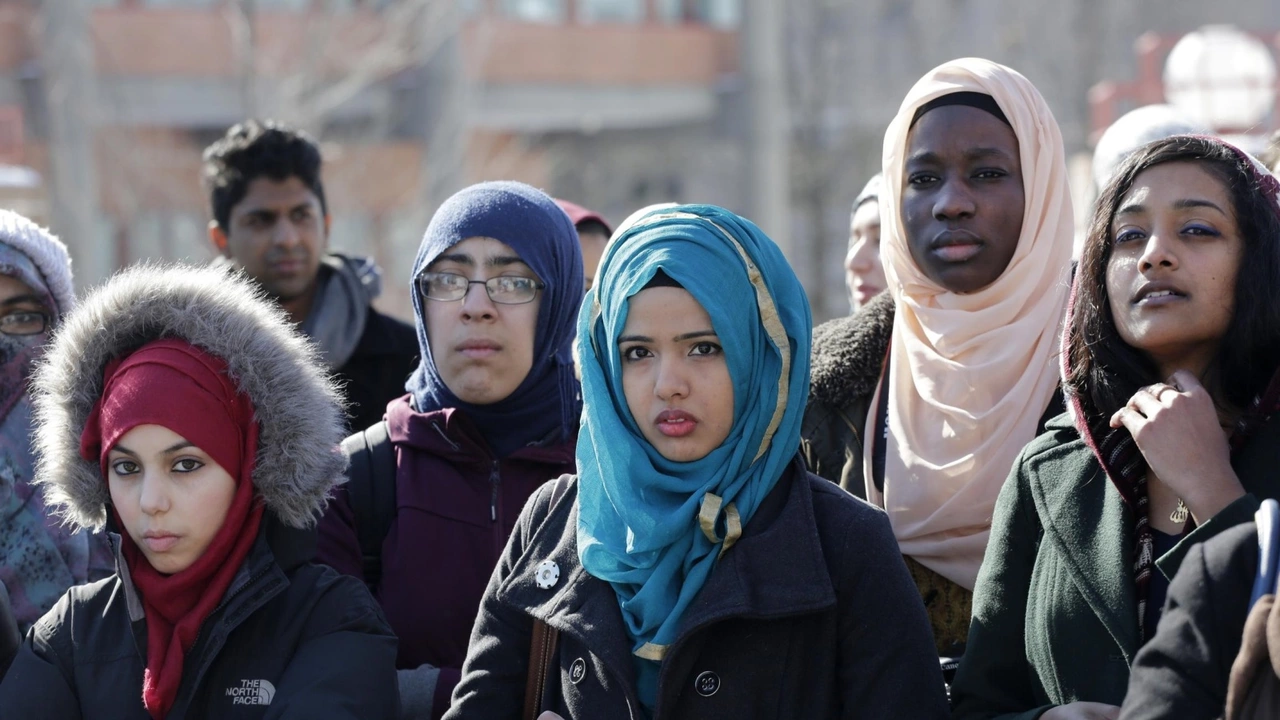Breaking Stereotypes: Educated Muslim Women and Islam
As a blogger, I have been fortunate enough to engage with a diverse range of people from various backgrounds and beliefs. One of the most fascinating and important conversations I have had is with well-educated Muslim women about their thoughts on Islam. In this article, I explore their perspectives and challenge the stereotypes often associated with Muslim women.
Empowerment through Islamic Teachings
Many of the Muslim women I have spoken to have found empowerment through Islamic teachings. These teachings emphasize the importance of knowledge, both religious and secular, for both men and women. In fact, the Prophet Muhammad (PBUH) is reported to have said, "Seeking knowledge is an obligation upon every Muslim, male and female." For these women, Islam has been a source of strength and motivation to pursue education and contribute to society.
Reclaiming Feminism in Islam
Contrary to popular belief, feminism is not a foreign concept in Islam. Muslim women have been fighting for their rights and advocating for gender equality within the framework of their faith for centuries. Many educated Muslim women view the feminist movement as a means to reclaim their rights granted to them by Islam, which have been overshadowed by cultural practices and patriarchal interpretations of religious texts.
Islamic Dress Code: A Choice, not an Oppression
One of the most common stereotypes about Muslim women is that they are oppressed by the Islamic dress code, specifically the hijab (headscarf). However, many educated Muslim women emphasize that wearing the hijab is a personal choice and a demonstration of their faith, not an imposition from their families or society. They argue that the hijab empowers them by allowing them to be recognized as Muslim women, while also ensuring that they are valued for their intellect and character, rather than their physical appearance.
Participation in the Workforce
Well-educated Muslim women are making their mark in various fields, from science and technology to business and politics. They actively participate in the workforce and contribute to society, debunking the myth that Muslim women are confined to their homes. They believe that Islam encourages them to be productive members of society, and they strive to balance their professional and personal responsibilities with their religious obligations.
Challenging Gender Roles in Muslim Communities
Many educated Muslim women are challenging traditional gender roles within their communities, advocating for equal opportunities in education, employment, and leadership positions. They argue that Islam promotes gender equality and that the perceived subordination of women in some Muslim societies is due to cultural practices, not Islamic teachings. By challenging these gender roles and striving for equality, these women are creating positive change within their communities.
Leading the Conversation on Women's Rights in Islam
Well-educated Muslim women are also at the forefront of the conversation about women's rights in Islam. They use their knowledge and expertise to engage in discussions, write articles, and give lectures on various topics related to gender equality and women's rights within the context of their faith. Their voices are crucial in challenging misconceptions and promoting a better understanding of the role of women in Islam.
The Importance of Representation and Role Models
Representation matters, and well-educated Muslim women are serving as inspiring role models for the next generation of Muslim girls. By showcasing their achievements and success, they are proving that Muslim women can excel in various fields while maintaining their faith and identity. These role models help to break down stereotypes and pave the way for future generations of Muslim women to pursue their dreams and aspirations.
In conclusion, well-educated Muslim women have a unique perspective on Islam and its teachings. They are breaking stereotypes, empowering themselves through their faith, and contributing to society in a variety of ways. Their voices and experiences are essential in promoting a more nuanced understanding of Islam and the role of women within the faith.
